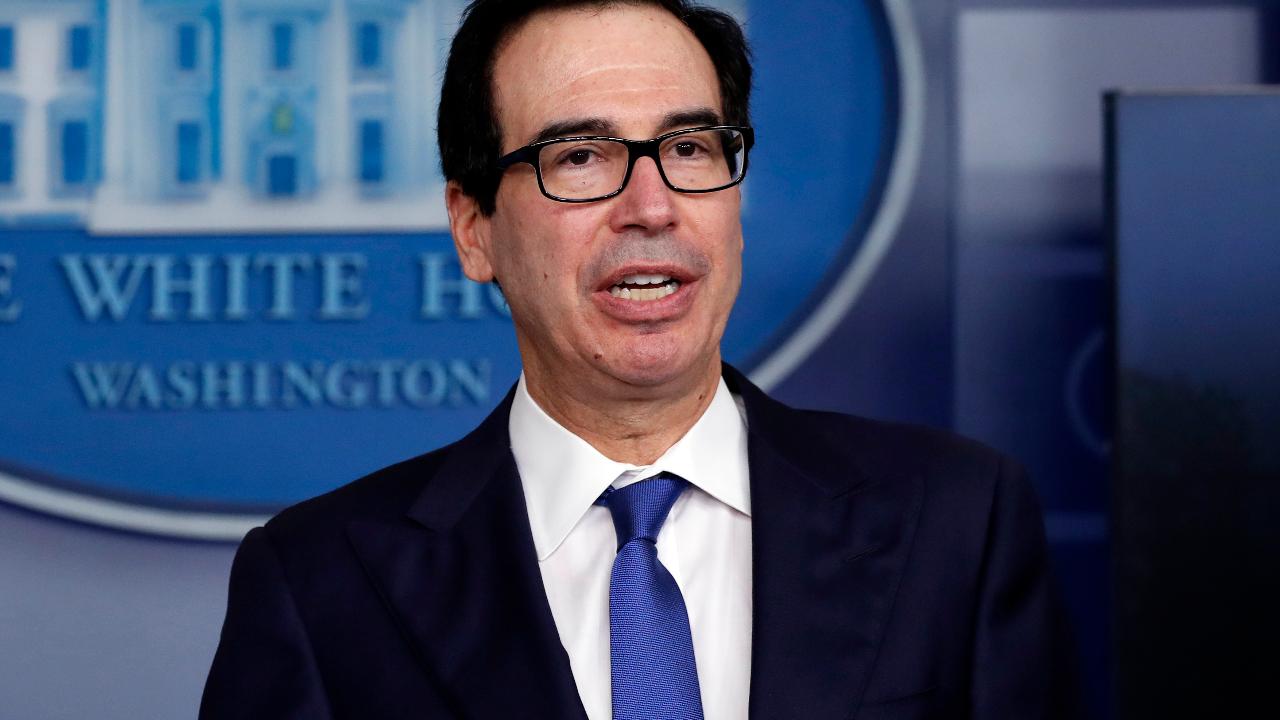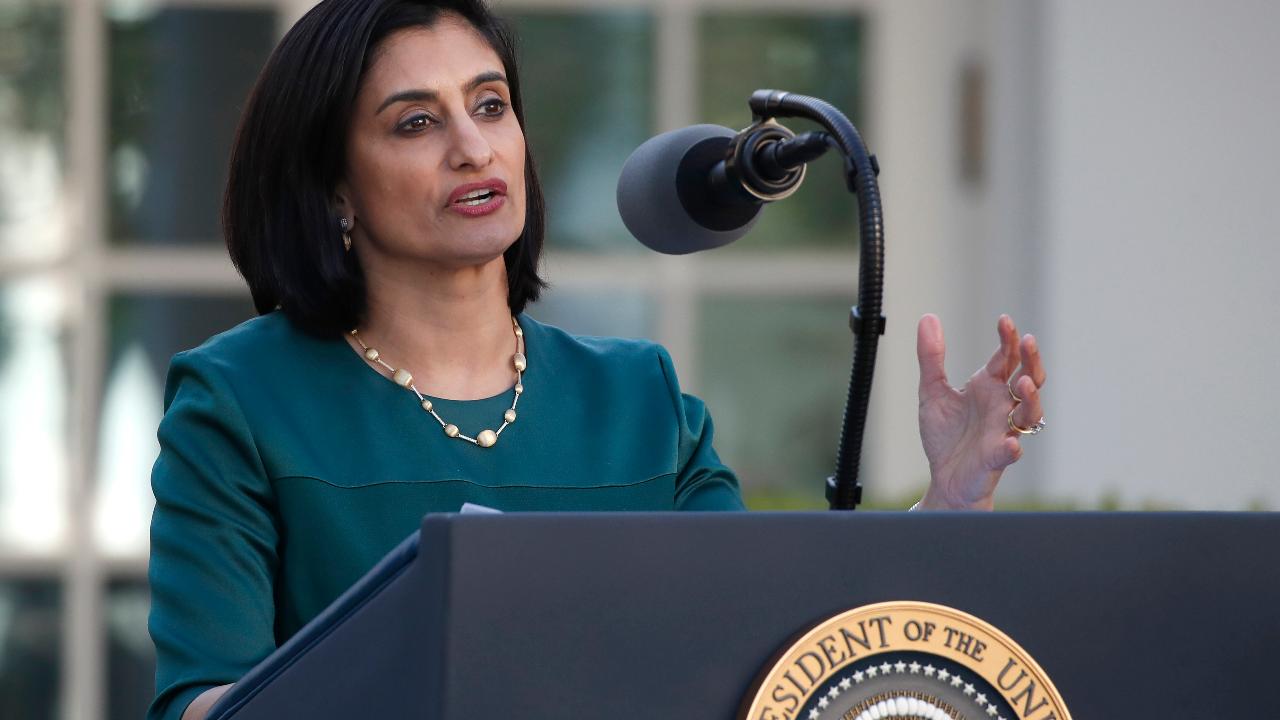How retirees benefit from the coronavirus stimulus package
The Coronavirus Aid, Relief and Economic Security Act has specific provisions for retirees
Get all the latest news on coronavirus and more delivered daily to your inbox. Sign up here.
Last month, President Trump signed the $2.2 trillion Coronavirus Aid, Relief and Economic Security (CARES) Act in an effort to help Americans during the coronavirus pandemic and the ensuing economic crisis.
The stimulus package includes expanded unemployment benefits, extended financial help for small and large businesses and grant money to the hardest-hit hospitals in the country.
CORONAVIRUS HIT COMPANIES’ 401(K) POLICIES: WHAT TO DO IF YOUR EMPLOYER STOPS MATCHING
But the CARES Act also offers benefits to retirees, SmartAsset reported on Monday.
Pre-retirees also have a few major benefits included in the CARES Act, according to the personal finance website. Those benefits are penalty-free early distributions, increased loan limits and suspended loan repayments.

The CARES Act has specific provisions that benefit retirees, SmartAsset reported on Monday. (iStock)
To see what help you can get during your retirement, here are the ways the CARES Act benefits retirees, according to SmartAsset.
AMID CORONAVIRUS, TAX DAY DELAY MAY BRING GOOD NEWS FOR RETIREMENT SAVERS
RMDs have been suspended for 2020
Typically, retirees have to take out certain amounts of money from their plans every year. Those amounts, called required minimum distributions (RMDs) are determined based on how much money you have in your accounts and your life expectancy, SmartAsset reported.
There can be serious tax penalties for not taking out RMDs on time, but because of the coronavirus crisis, they have been suspended this year.
"That's a good thing if you're retired and you were poised to begin taking required minimum distributions this year," SmartAsset reported. "With the markets down, you may have experienced significant losses in your retirement portfolio. Having to take an RMD would essentially lock in those losses. But since you're no longer required to take minimum distributions for this year at least, you may be able to gain back some of your losses once the market begins to turn around."
GET FOX BUSINESS ON THE GO BY CLICKING HERE
There are some Medicare and Medicaid provisions
For people who are on Medicare with Part D coverage, there is the possibility to get three months worth of medication “when refills are allowed,” so you can avoid going to the pharmacy too often and potentially be exposed to people who have COVID-19, SmartAsset reported.
The CARES Act also expands certain Medicaid services including mental health services, caregiving and paying basic expenses for aid to seniors, according to SmartAsset.
You have more time to contribute to your IRA
Because the tax deadline was pushed to July 15 this year, retirees who are still working have more time to contribute to their IRAs -- at least up to the annual contribution limits. The regular limit for 2019 is $6,000 unless you’re older than 50, in which case you can contribute $7,000, SmartAsset reported.
401(K) 'CATCH-UP' CONTRIBUTION LIMITS FOR 2020
HSA rules are expanded
The CARES Act also broadens qualified medical expenses that Health Savings Accounts (HSAs) can cover. Some of those expanded expenses include over-the-counter medication and telehealth services.
Though HSAs aren't specifically retirement savings accounts, they can be a helpful addition to retirement income when it comes to health care expenses, SmartAsset reported.
However, the personal finance website said that it is important to remember that if you do use your HSA for something other than health care, you will pay income tax on non-health care withdrawals. If you are under 65, the withdrawals are also subject to a 20 percent tax penalty.
You could get a stimulus check
Like other Americans, retirees could receive a stimulus check. SmartAsset reported that you could be eligible if you already get Social Security retirement or disability benefits.
In order to receive a check of $1,200, individuals must earn $75,000 or less in 2019. Married couples filing taxes jointly could get a $2,400 check if they earned less than $150,000 last year.
"There is a phaseout range for these payments, though you may not have to worry about that if you're living on less in retirement," SmartAsset reported. "For single filers, the phaseout limit is $99,000 and for married couples, it's $198,000."
CLICK HERE TO READ MORE ON FOX BUSINESS






















